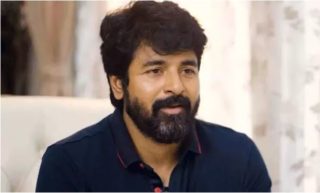
Vivek Agnihotri, a prominent Indian filmmaker, has garnered significant attention and controversy for his recent works. His films, such as “The Kashmir Files,” “Vaccine War,” and “The Tashkent Files,” have explored sensitive historical and political topics, often focusing on events that have been overshadowed or marginalized in mainstream Indian cinema.
Agnihotri’s films have been praised for shedding light on lesser-known chapters of Indian history, particularly the plight of the Kashmiri Pandits and the alleged conspiracy against the Indian government during the COVID-19 pandemic. However, they have also faced criticism for their alleged propagandistic nature. Critics argue that Agnihotri’s films often present a one-sided narrative, downplaying opposing viewpoints and potentially fueling political polarization.
Despite the criticism, Agnihotri has defended his artistic choices, asserting his right to explore subjects that he deems important. He has also expressed frustration with the lack of attention given to certain historical events, particularly those related to the northeast region of India. Agnihotri has challenged other filmmakers to take up these topics, emphasizing that he intends to focus on the subjects that he finds personally meaningful.
In response to a recent rape case in Kolkata, Agnihotri criticized the lack of action from female politicians, accusing them of being more concerned with their own interests than with the welfare of their constituents. He also expressed his concern about the exploitation of such tragic events for political gain. Agnihotri has instead chosen to take a more proactive approach, calling for public awareness and activism.
Vivek Agnihotri’s films continue to be a subject of debate and discussion in India. While his supporters praise his efforts to highlight important historical events, critics remain concerned about the potential for his work to contribute to political polarization and misinformation. As Agnihotri continues to explore controversial topics, his films are likely to remain a focal point in the Indian film industry and public discourse.


























